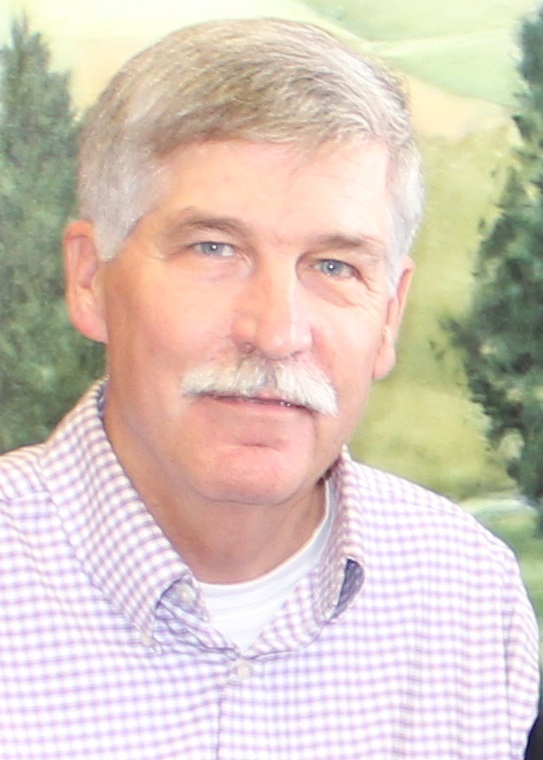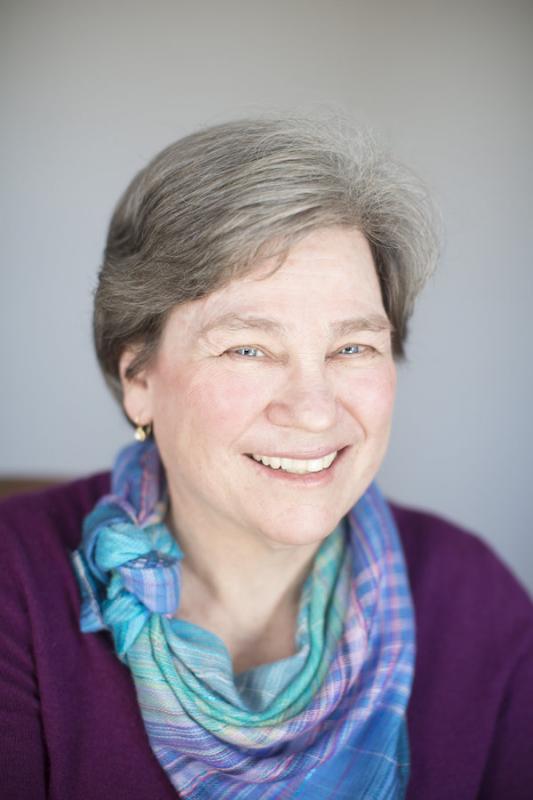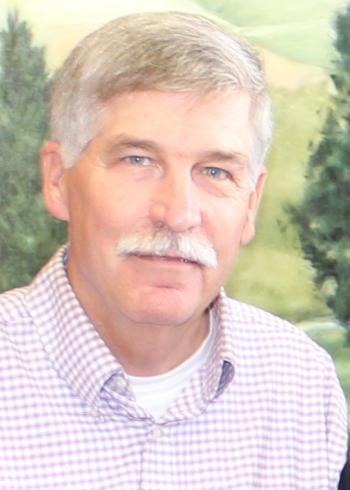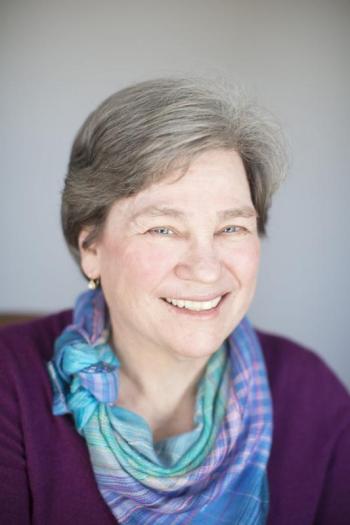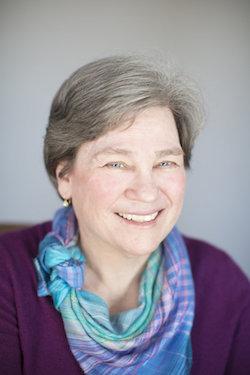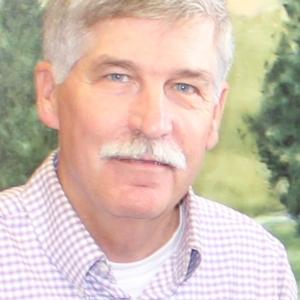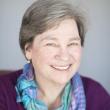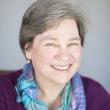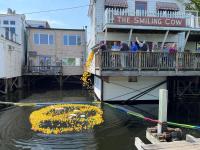Joe Curll devotes a career to people
After 36 years as executive director of Coastal Opportunities in Camden, Joe Curll will retire at the end of this month and turn his responsibilities over to Cliff Winn.
Curll has overseen tremendous change at the Camden-based agency: the growth of its budget from $200,000 to over $4.3 million and the expansion of its workforce from 15 to 85 employees. He also led the organization’s transition from a sheltered workshop for adults with intellectual disabilities to a provider of housing, learning, and community-based programming.
As a young man, Curll never imagined his life would turn out this way.
“I started my career more by accident than by design! I graduated from North Adams State College (now the Massachusetts College of Liberal Arts) with a sociology degree. I planned to stay in the area and paint houses, which I had been doing as my summer job. The pay was pretty good, and I liked living there. But my mother learned about a job opening near Milford, working in a residential home for people with mental health challenges and intellectual disabilities.
“She said, ‘You should apply for this job. Are you just going to let your education go to waste painting?’
“I rejected the idea because I loved being in the Berkshires, where I had lots of friends and work I enjoyed. But to appease her, I applied for the job. It didn't look like I was qualified for it, and I didn't think I would get it anyway, but I did. Back then, when people with intellectual disabilities were coming straight out of institutions in Massachusetts to live in the community, the idea of residential homes was just getting started. No one was doing that kind of work, so the staff were pretty much on their own and we had to figure out how to run the home. We ended up with 12 residents, and we didn’t have a van to take them anywhere. There was no day program for them, either.
“I knew I didn’t have to take the job, but I liked the people – the residents. I was drawn to them. It just seemed as if they needed somebody. When I walked in, the guy who was working had been there by himself for ten days straight. For my orientation, he just showed me where the medications were and said, ‘I‘ve got to get out of here.’ Then he left. I didn't know any of the people or their histories. I just had the medication chart. I ended up being there for about five days on my own, and I didn’t know what they would do if I left.”
Curll stayed for two years, during which a day program developed, more staff came on board, and he got a van to take residents out to restaurants and community events.
“Back then, no one was used to seeing people with intellectual disabilities out and about, so we got a lot of attention when we went out to a restaurant,” Curll recalls.
Increasingly, deinstitutionalization brought more individuals out into the community. Curll visited institutions throughout Massachusetts to interview residents who wanted to live in community-based group homes. Among them was a woman who, having had epilepsy as a young child, had lived in an institution for nearly all her life. She’d had no opportunity to get an education, disabled because of her living environment. Once she moved into the community, she got a job, and Curll showed her how to get to work on the bus – including two transfers en route. From then on, she had no problem commuting on her own.
“We began to realize that a lot of the people we worked with were capable, just as this lady was. So, we started an apartment program that I supervised. I would go out and find apartments, move people into them, and support them in that more independent setting.”
Curll moved to Maine so that he and his wife, Hilda, could live closer to her parents, who had retired to Calais, Maine. Curll began working for the State of Maine, helping people set up group homes in the Portland area, and eventually, he transferred to Thomaston. He also oversaw a day program in Brunswick for a couple of years before joining Coastal Opportunities, then known as Coastal Workshop.
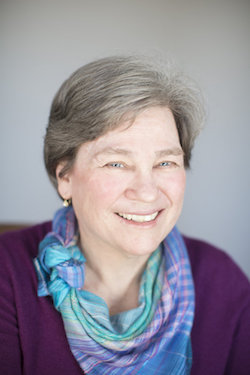
in Camden since 1994.
There, clients did project work, such as mass mailings and product packaging. They spent much of their time apart from the community. Changes in legislation precipitated a more inclusive approach that emphasized the integration of intellectually disabled individuals into the broader population. Today, Coastal Opportunities operates eight residential facilities and a day program that includes athletics, integrated arts and recreation programs, and a wide variety of community service activities. They come into contact with local residents every day.
“I think having everybody out connecting with other people benefits the entire community as well as our folks,” Curll says. “It helps our clients become more acclimated to the community, and it helps the public appreciate how much our clients can contribute.”
The same thing that attracted Curll to his work in the first place is what he will miss most when he retires: “The people.”
Event Date
Address
United States

